## Buckle Up, Gamers: The Future Is Taking Off (And It’s AI-Powered!)
Forget level-ups and boss battles, the real action is happening in the real world! This week, the Middle East is making headlines with some seriously futuristic tech, and it’s straight out of a sci-fi game. We’re talking flying taxis zipping through the skies, AI-powered drones delivering your groceries, and a whole lot of innovation that’s blurring the lines between fantasy and reality.
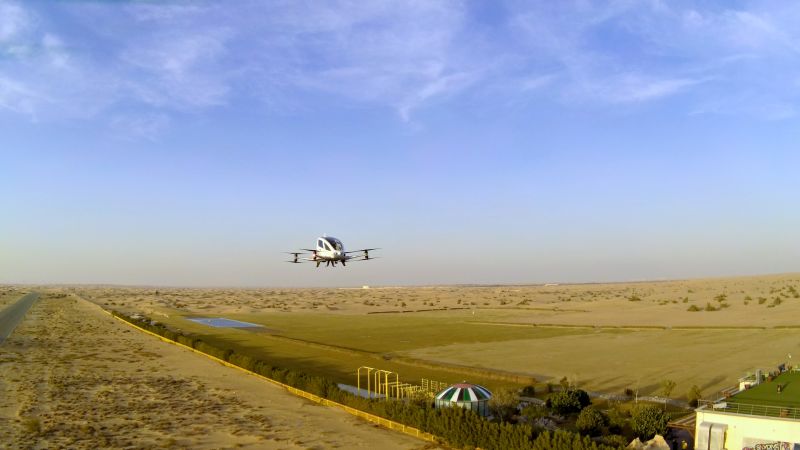
Driverless Cars on the Ground
Dubai’s Comprehensive Approach
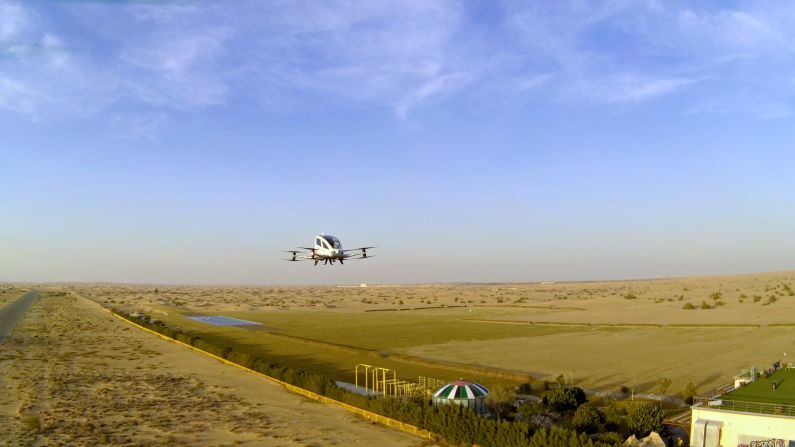
Dubai’s ambition to be a global leader in autonomous transportation is evident in its multifaceted approach. The city has implemented a range of initiatives, showcasing its commitment to this transformative technology. One prominent example is the Dubai Metro, which boasts over 191 million passenger journeys in 2016, demonstrating a successful public transportation system that helps alleviate traffic congestion.
Beyond the metro, Dubai has embraced self-driving buses, pods, and electric vehicles. In April 2016, the EZ10, a 10-seater short-distance bus developed by Easymile and Omnix International, commenced testing along pre-programmed routes. This autonomous bus system signifies Dubai’s dedication to exploring diverse solutions for driverless transportation.
Another notable project is the collaboration between ride-hailing company Careem and modular transport startup Next Future Transportation. Their driverless pod concept, envisioned as interconnected units that can potentially transfer battery packs between them, presents a futuristic vision for efficient and seamless urban mobility. This pod system, if implemented at scale, could significantly reduce the number of vehicles on Dubai’s roads.
Furthermore, Dubai’s state-run taxi service has taken delivery of 50 Tesla electric cars, marking the first phase of a 200-unit order. These Teslas, equipped with semi-autonomous systems and the infrastructure for future full autonomy, represent a significant step towards integrating self-driving technology into Dubai’s existing transportation infrastructure.
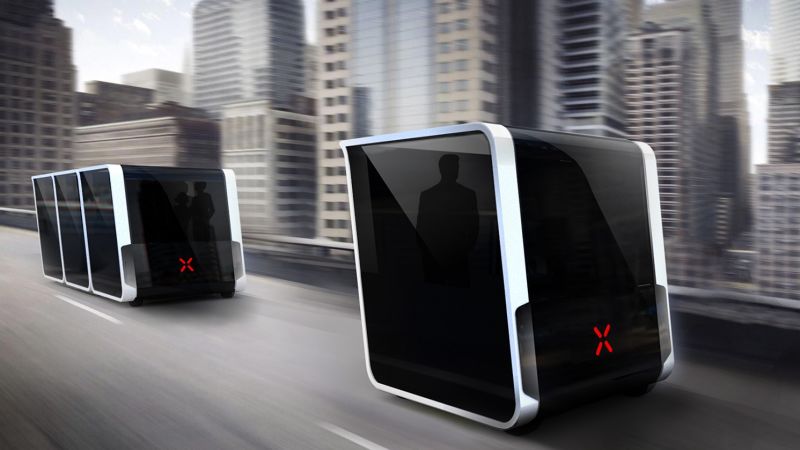
The Role of Technology and Innovation
Companies like Derq, a Dubai-based MIT spin-off, are playing a crucial role in developing AI-powered solutions that enhance road safety. Derq leverages advanced machine learning algorithms to analyze real-time traffic data and identify potential hazards. This technology can help prevent accidents by providing early warnings to drivers and optimizing traffic flow.
The success of autonomous transportation systems hinges on several key technological advancements. Firstly, robust data collection is essential for training machine learning models. This involves gathering vast amounts of data on road conditions, traffic patterns, and vehicle behavior. Secondly, sophisticated machine learning algorithms are required to analyze this data and make accurate predictions about the movement of vehicles and pedestrians.
Thirdly, robust cybersecurity measures are paramount to protect autonomous systems from cyberattacks. Hackers could potentially exploit vulnerabilities in these systems to cause accidents or disrupt traffic flow. As autonomous vehicles become more prevalent, ensuring their cybersecurity will be crucial for public safety.
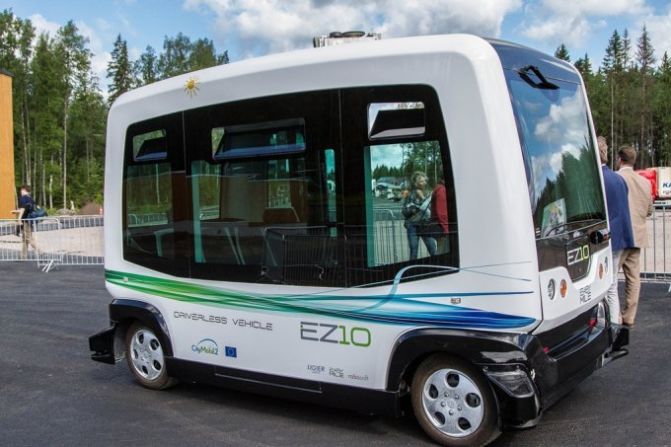
Impact on the Gaming Industry
The shift towards autonomous transportation has far-reaching implications for the gaming industry. The rise of realistic driving simulators can enhance the immersive experience for gamers, allowing them to hone their driving skills in a safe and controlled environment. Furthermore, the development of drone racing games, fueled by advancements in drone technology, presents a new and exciting frontier in the gaming world.
Gamestanza anticipates that the gaming industry will embrace these technological advancements, creating innovative and engaging experiences that leverage the capabilities of autonomous vehicles and drones.
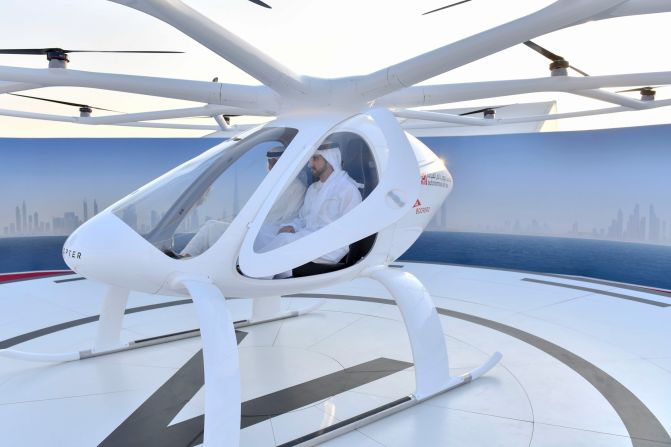
The Potential for Efficiency and Sustainability
Reducing Congestion, Emissions, and Accidents
Autonomous vehicles have the potential to revolutionize transportation, leading to significant improvements in efficiency, sustainability, and safety. One of the most prominent benefits is the potential to reduce traffic congestion. By optimizing traffic flow and eliminating human error, autonomous vehicles can help alleviate gridlock in urban areas.
Furthermore, autonomous vehicles can contribute to a more sustainable future by reducing emissions. Electric autonomous vehicles, in particular, can significantly lower carbon footprint compared to traditional gasoline-powered cars. This shift towards cleaner transportation can mitigate climate change and improve air quality.
Another key benefit of autonomous vehicles is their potential to reduce accidents. Human error is a major contributing factor to road accidents. By removing human drivers from the equation, autonomous vehicles can significantly reduce the number of accidents and save lives.
Ethical and Social Implications
Job Displacement and Privacy Concerns
While the benefits of autonomous vehicles are undeniable, there are also potential ethical and social implications that need to be carefully considered. One concern is the impact on employment. The widespread adoption of autonomous vehicles could lead to job losses in the transportation sector, such as truck drivers and taxi drivers.
Another concern is the potential for privacy violations. Autonomous vehicles collect vast amounts of data about their passengers and surroundings. It is essential to ensure that this data is protected and used responsibly to prevent misuse.
Equitable Access to Technology
Ensuring equitable access to autonomous transportation is crucial. The technology should be accessible to all members of society, regardless of their income level or geographic location. Otherwise, there is a risk of exacerbating existing inequalities.
Dubai as a Testbed for Global Innovation
A Model for Other Cities
Dubai’s commitment to autonomous transportation has positioned it as a global leader and a model for other cities around the world. The city’s willingness to embrace new technologies, coupled with its strategic investments in infrastructure and research, has created a fertile ground for innovation.
The lessons learned from Dubai’s autonomous transportation initiatives will be invaluable for other cities looking to implement similar programs. By sharing best practices and addressing challenges, Dubai can contribute to the advancement of autonomous transportation globally.
Conclusion
This week’s Middle Eastern business headlines paint a vivid picture of the future: one where sleek flying taxis weave through the skies and AI-powered drones become commonplace. The region is aggressively embracing these cutting-edge technologies, viewing them as key drivers for economic growth, urban transformation, and enhanced connectivity. From Dubai’s ambitious plans for a fully autonomous aerial transport system to Saudi Arabia’s investments in drone logistics and surveillance, the message is clear: the Middle East is at the forefront of this technological revolution.
The implications of this shift are far-reaching. Imagine a world where traffic congestion becomes a distant memory, goods are delivered swiftly and efficiently by drones, and even emergency services can reach remote areas with unprecedented speed. This future holds immense potential for improving quality of life, boosting productivity, and strengthening the region’s global competitiveness. However, it also raises important questions about regulation, safety, and the ethical implications of widespread autonomous systems. As the Middle East races towards this bold new era, navigating these challenges will be crucial to ensure that these transformative technologies benefit all.
The Middle East is not just building a future; it’s rewriting the rules of the game. Will other regions follow suit, or will the Middle East solidify its position as the global leader in this aerial revolution? Only time will tell, but one thing is certain: the skies are no longer the limit.